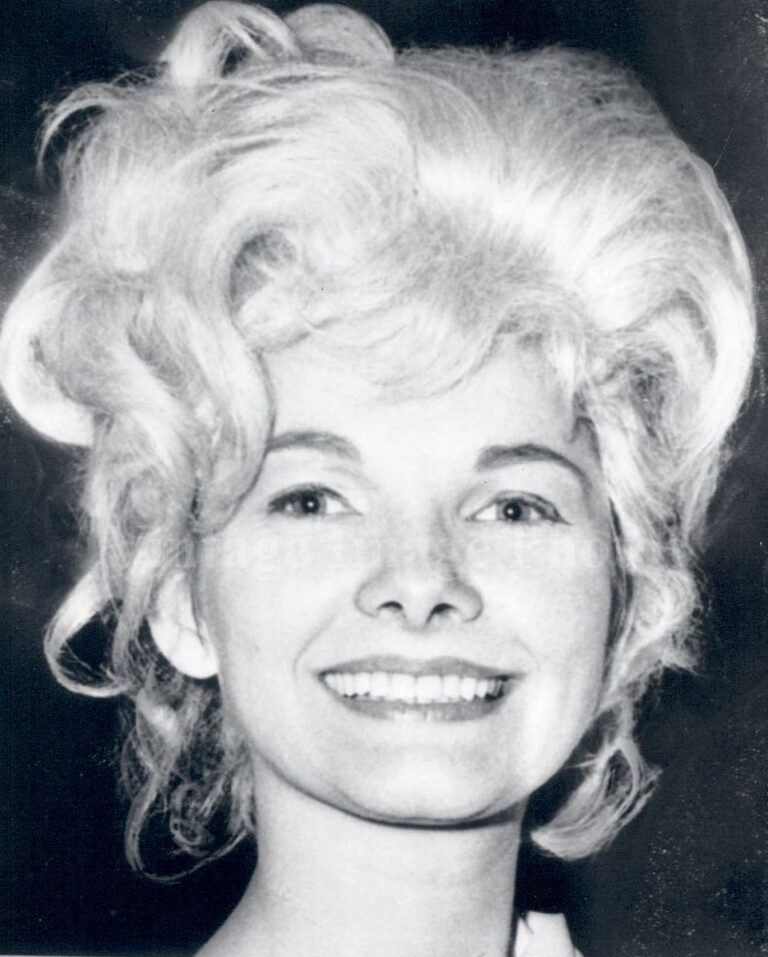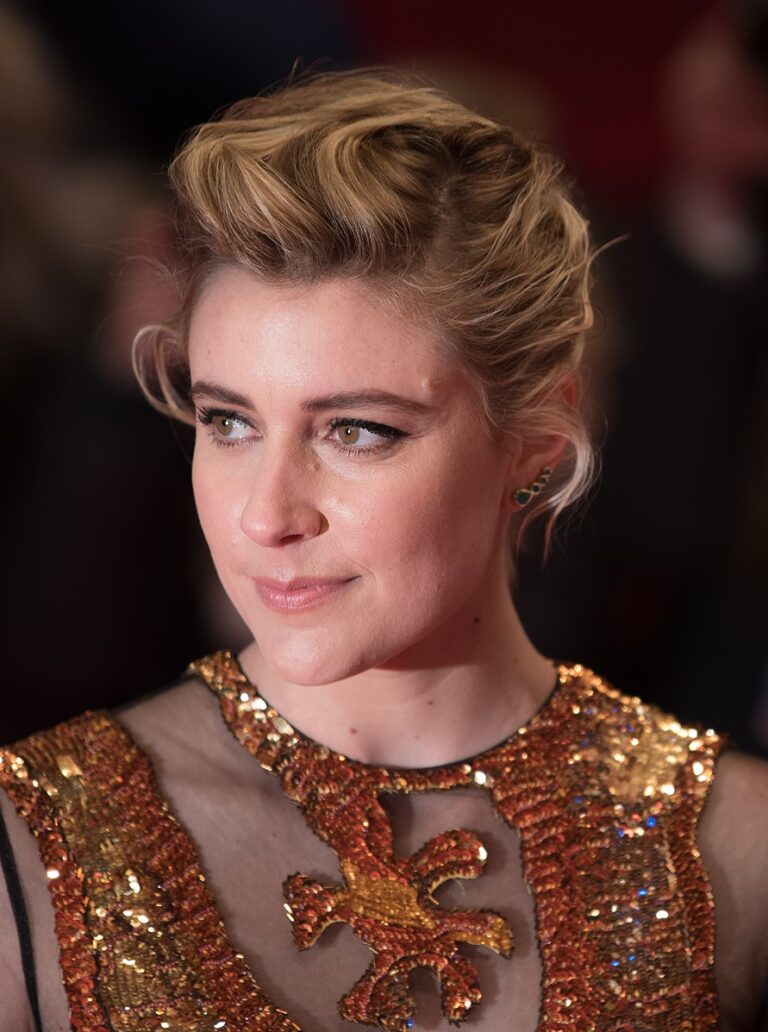
Behind every great film is a great director, shaping the story and bringing it to life on screen. While Hollywood had long been dominated by men, many talented women have broken through the glass ceiling and created masterpieces that have influenced generations of filmmakers. In this article, we’ll explore some of the most influential female directors of all time and their lasting impact on the film industry.
Chloé Zhao

First up on our list of most influential female directors is Chloé Zhao. She has quickly become one of the most influential voices in modern cinema.
Her breakout film The Rider caught critics’ attention with its blend of fiction and reality. But it was Nomadland that truly put her on the map. This film won Best Picture at the 2021 Oscars, with Zhao making history as the first woman of color to win Best Director.
Zhao’s influence has also extended beyond her awards. Her films have opened doors for more diverse voices in Hollywood and shown that personal films can resonate with audiences. Her rise represents a shift towards more authentic storytelling in films, making her one of the most influential and important directors today.
Patty Jenkins

Next on our list is Patty Jenkins, who debuted with Monster. After years in TV, Jenkins directed Wonder Woman (2017), breaking new ground for superhero films. It was the first female-led superhero blockbuster of the modern era, grossing over $821 million worldwide.
Overall, Jenkins proved women could also direct big-budget action movies with depth. Wonder Woman‘s success challenged industry assumptions about women-led blockbusters. As a vocal advocate for gender equality in film, Jenkins has pushed for better representation on both sides of the camera.
Kathryn Bigelow

Uniquely, Kathryn Bigelow has carved out a place in film history as a master of action and thriller genres. Her career peaked in 2010 when she became the first woman to win an Academy Award for Best Director for The Hurt Locker. This war drama showcased her talent for creating intense experiences that explore human nature.
Bigelow’s resume also includes cult classics like Point Break and critically acclaimed films such as Zero Dark Thirty. Her movies often tackled complex themes of violence and power dynamics, setting her apart in the traditionally male-dominated genre.
Barbara Loden

Another one of the most influential female directors of all time is Barbara Loden. She broke out into the film scene with her 1970 masterpiece Wanda, which she wrote, directed, and starred in. This piece earned her the International Critics Prize at the Venice Film Festival.
Before directing, Loden also had a successful career as an actress. She appeared on Broadway and in films by well-known directors like Elia Kazan. Sadly, Wanda remained Loden’s only feature film. She died of cancer in 1980 at just 48 years old.
Despite her short career, Loden left a lasting impact on independent cinema. Her exploration of complex female characters continues to influence filmmakers today. In recent years, scholars and critics have rediscovered Wanda, leading to a renewed appreciation of Loden’s work.
Claudia Weill

Next, Claudia Weill was another one of the most influential female directors of all time. Her 1978 debut, Girlfriends, was groundbreaking, showing a young woman’s life in New York City.
Weill faced challenges in Hollywood as a woman director. After this one, she made another film, It’s My Turn, in 1980. Then, she moved to television, directing episodes of popular shows like Thirtysomething and, more recently, an episode of Girls. Her TV work helped shape how women’s stories were told on screen.
In 2019, the film was selected for preservation in the United States National Film Registry by the Library of Congress, which led to a new interest in Weill’s work. Now, she is recognized as an important figure who changed American independent film.
Sofia Coppola

Sofia Coppola has undoubtedly made her mark on cinema with a signature style that blends elegance and emotional depth. Her 2003 film Lost in Translation tossed her to international acclaim and earned her an Academy Award for Best Original Screenplay.
Oftentimes, her work is centered on themes of alienation and coming-of-age but explored through a female lens. Her films, ranging from the period piece Marie Antoinette to Somewhere, showcased her nuanced storytelling style. Another one of her best-known films was The Virgin Suicides.
Overall, Coppola’s ability to craft visually stunning narratives that resonate with audiences has inspired a new generation of filmmakers, earning her a place on our list.
Greta Gerwig

Greta Gerwig‘s rise from indie actress to top-tier director has truly made her one of the most influential female directors of all time.
Her solo debut, Lady Bird (2017), earned her Oscar nominations for Best Director and Best Original Screenplay. She followed up with a fresh take on Little Women in 2019, also widely loved. More recently, in 2023, Barbie propelled Gerwig into the blockbuster realm. The film became a pop culture phenomenon and the highest-grossing movie ever directed by a woman.
Gerwig’s strength comes from her authentic female characters. Her films tackle serious themes but are still incredibly entertaining and well done. Her powerful themes of female empowerment have inspired a generation, undoubtedly cementing her place on our list.
Jane Campion

Last but definitely not least is Jane Campion. This New Zealand director first gained attention with her short films in the 80s. Her feature debut, Sweetie, shocked and intrigued audiences.
Later, her 1993 piece The Piano won the Palme d’Or at Cannes, making Campion the first woman to receive this honor. The film also earned her an Oscar for Best Original Screenplay. Her work often explores complex female characters, with films like An Angel at My Table and Bright Star showcasing this.
After a break from films, she returned with the TV series Top of the Lake. In 2021, The Power of the Dog re-secured her status as one of the most influential female directors ever, capping our list.
More About:Movies
